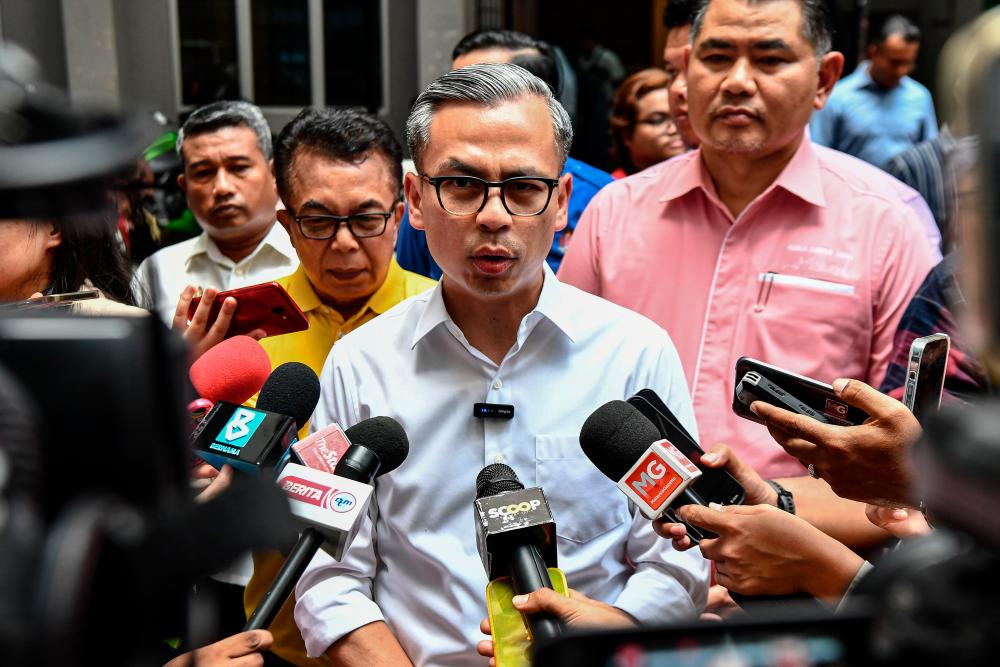KUALA LUMPUR: The High Court today allowed the application of Communications Minister Fahmi Fadzil to transfer his lawsuit against Wan Muhammad Azri Wan Deris, also known as Papagomo, to another High Court here.
Fahmi, who is Lembah Pantai Member of Parliament, filed the suit against the blogger and two others on Sept 5 last year over an allegation that he gave a political speech at a mosque in Rawang, Selangor.
Lawyer Asheeq Ali Sethi Alivi, representing Fahmi, said Judge Datuk Ahmad Shahrir Mohd Salleh allowed the application after there was no objection from the defendant (Wan Muhammad Azri).
“This case will be transferred to the Civil High Court to enable it to be heard together with two other lawsuits filed by the plaintiff (Fahmi) against Mohd Fauzan Madzlan and Ahmad Dusuki Abd Rani which are already in that court.
“We will also file an application for all three defamation lawsuits to be heard together as all three cases involve almost the same facts and witnesses from the plaintiff,” said the lawyer when contacted by Bernama today.
Apart from Wan Muhammad Azri, Fahmi has also filed a lawsuit against independent preacher Ahmad Dusuki and the owner of the Facebook account “N13 Kuang” Mohd Fauzan, regarding the same issue.
According to his statement of claim, Fahmi alleges that all three defendants published defamatory statements accusing him of misusing a place of worship, namely a mosque, for election campaigning purposes and acting contrary to the decrees and orders of the Sultan of Selangor.
Fahmi claims that the defamatory statements were published on Mohd Fauzan’s Facebook account, as well as on Ahmad Dusuki’s Facebook and Instagram accounts on July 31, 2023, and on Wan Muhammad Azri’s TikTok and Facebook accounts on Aug 1, the same year.
According to Fahmi, these defamatory statements are baseless, and the Selangor Islamic Religious Council has confirmed that he did not make any political speech as alleged by the defendants.
He is seeking general, aggravated, or exemplary damages and an injunction to prevent all defendants from repeating or causing the republication of the defamatory statements.









